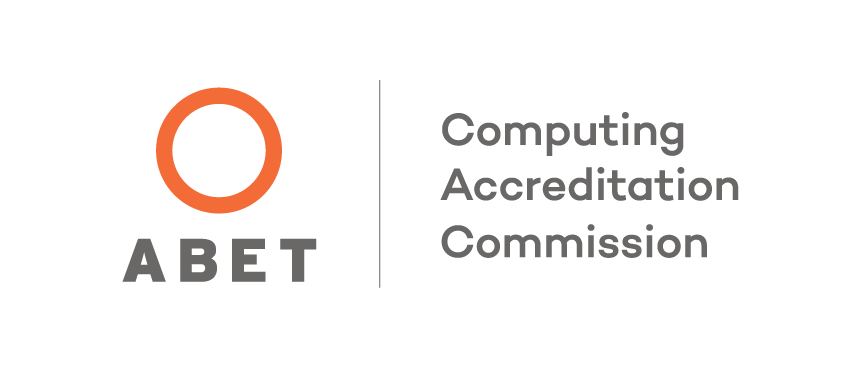98.4% of ISI graduates surveyed over the past three years have indicated that they
would choose the ISI program if they had it to do over again.
The Information Security & Intelligence program was developed from the ground up in
2006 rather than adjusting an existing degree. It remains one of the few cybersecurity
options that has a primary focus on cybersecurity, data science and artifical intelligence.
There are several things that distinguish the ISI programs as one of the top 25 in
the nation and the premier cybersecurity program in Michigan:
- Newly completed $32 million facility that includes double nested Faraday Lab; a secured working cybercrime lab.
- Michigan’s most advanced digital forensic research lab Magnet Axiom, Forensic Explorer,
Cellebrite, XRY, Passware Decryption Suite, Maltego, Shadow Dragon Social Net, i2,
Stereo and Digital Laser microscopes and much more.
- Dedicated pen testing and space satellite cybersecurity research labs.
- Physically and technically seperated research and WiFi segmented networks.
- Dedicated podcast studio
- Fully equipped cyber competition arena with streaming broadcast capability
- Student study and work rooms.
- Undergraduate and graduate cybersecurity degree options:
- Masters and undergraduate Information Security & Intelligence (ISIN) and undergraduate
Artificial Intelligence (AI) degree options as well as the option to major in cybersecurity
with concentration in in artificial intelligence or major in artificial intelligence
and minor in cybersecurity.
- In 2017 the ISI undergraduate program earned ABET Engineering Accreditation for Cybersecurity (one
of the first seven universities in the nation to achieve this distinction).
- The National Security Agency and the Department of Homeland Security have designated
Ferris State University as a National Center of Academic Excellence in Cyber Defense
Education.
- The Department of Defense Cyber Crime Center (DC3) and the Air Force Office of Special
Investigations has name Ferris State University as the first university in the United
States to obtain designation as a National Center of Digital Forensics Academic Excellence.
- Large network of industry and government partners.
- Multiple funded research grants from the National Science Foundation, Department of
Defense and various other organizations.
- Extensive publication record consisting of multiple journals, books, and periodicals.
Some of this work has been cited in the United States Supreme Court such as in the
landmark case Riley v. California.
- Students compete in various cybersecurity competitions and perennially finish in the
top 5% nationally.
- Active student organizations including the Information Security & Intelligence Association
(ISIA) and Women in Cybersecurity (WICS).
- Multiple faculty have been certified as an expert witness in various courts.
- Faculty that have the following certifications: CISSP, E|CSA, GIAC GSSP-.NET, GIAC
GCIH, C|ND, CPTE, CLFE, CAN, C|SCU, PMP, AWS-CSAA, PCAP, EnCE, ACE, CEH, CAPM, Scrum
Master.
- Faculty that average over 20 years of work experience ranging from leadership positions
in multibillion-dollar corporations, healthcare, nonprofits, law enforcement and licensed
professional investigators.
- Faculty that include a Distinguished Professor, Michigan Professor of the Year, multiple
Fulbright Scholars, and International Educator of the year.
- Faculty have taught on 4 continents including teaching digital forensics to the entire
federal cybercrime units in Chile and Perú
- A student body that includes graduates from over 50 countries.
- Alumni that have distinguished themselves as leaders dozens of organizations worldwide.
- A host of various summer camps and industry workshops.


